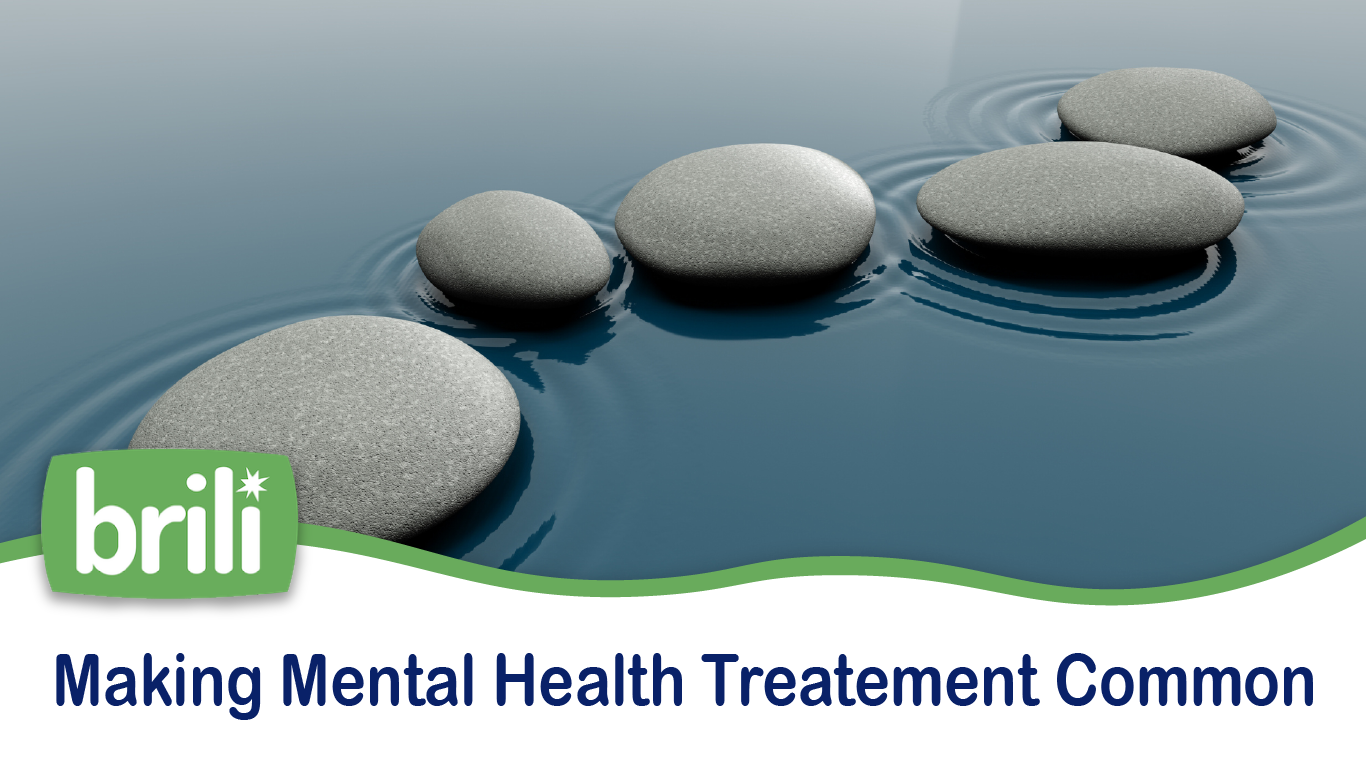Luckily the world we live in today is much more accepting of mental health issues than it has historically been, but even still there are missing awareness and misconceptions in many areas.
We might over emphasize the impact that physical health can have on our mental health. While they are closely connected, taking care of your physical health can only go so far in coping with mental health challenges.
And just like a broken arm needs appropriate treatment and can heal, the same is true for most mental health challenges. It's not someone's fault in experiencing them and no-one should be blamed for it.
When it comes to emergencies related to mental health, we are still far too undereducated as a population on how to help others and ourselves deal with anxiety and panic attacks, depressive episodes or self-harm to name just a few.
ADHD can affect the delicate relationship between your mental and physical health, as well as present significant challenges causing anxiety disorders, depression, ptsd, substance abuse and more.
A physical ailment is often easier to solve. With a cut, you can see the severity of the issue, grab a bandaid and some anti-septic, clean it up and cover it. Every restaurant, shop and business has a first aid kit in the event something happens.
A mental health crisis might appear much more mysterious. The cause can be uncertain, the severity and linkage to past experiences obscured and solutions unknown. There is no kit for you to grab or wound for you to bandage up.
These days, as mental health emergencies are almost as common as physical ones, we want to call attention towards and encourage everyone to develop a fundamental knowledge of how to support others in cases of mental health crisis.
A movement that started in Australia, becoming a Mental Health First Aider is rising in popularity across the globe. For good reason. Just as in a physical health first aid scenario, you are trained to have the fundamental knowledge and an action plan for how to address a situation of crisis.
Stay tuned for the second part of this mental health series where we will talk about the different ways you may be able to get help for and even provide others with support in mental health urgencies.
